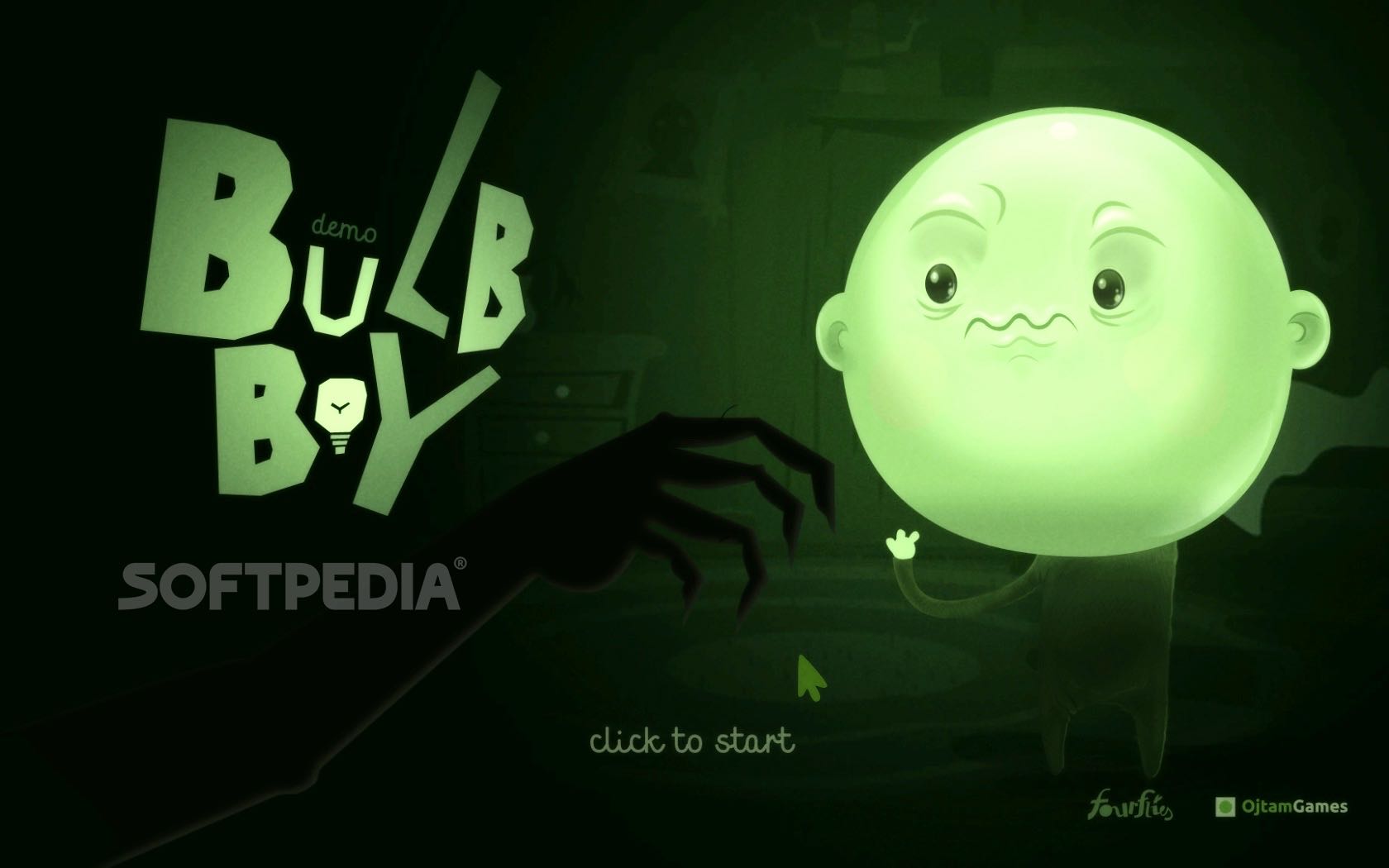

This brings us to the second Greek term–pareidolia (par-ih- DOE- lee-ah). Thus apophenia is the experience of perceiving patterns (actually pseudo-patterns) in random, and thus meaningless, data (1)-in our examples, random auditory data. (1) It basically means to see/hear something that is away from reality (i.e. The fancy Greek word used to describe searching for patterns in random data is called “apophenia” (ah-poe-FEE-nee-ah) from two Greek words “apo”-away from, and “phaenein”-to show. But your brain doesn’t know this, so it searches these random sounds looking for patterns (intelligibility). Sometimes these sounds are meaningful, such as speech, and sometimes they are just random sounds without any intelligibility in them. Whenever you hear sounds, your brain tries to make sense of them by trying to match them to patterns already stored in its data base. This pattern recognition continues all your life. Then, as your brain gets better at it, your brain extracts more and more patterns of speech sounds and you begin to understand more complex language. Whenever it sees a recurring pattern, it catalogs these sounds and slowly you begin to understand language.Īt first it is very simple language-ma ma and da da. Yes, you heard various sounds, but they were basically just a jumble of meaningless data when they arrived at your brain.Īt this point, because your brain is a pattern recognition machine, it goes to work and begins searching this mass of data for patterns of sounds. When you were born, you did not know language (or anything else for that matter). (Here, we are just talking about auditory input, but the same applies to our other senses as well.) In other words, your brain tries to find meaning in all the sensory input it receives. This happens because your brain is a pattern recognition machine. However, your brain modifies this fan noise so you perceive it as music. However, in the second category, the phantom music or singing is triggered by an unrelated external background sound whether the person is aware of this sound or not.įor example, you begin hearing music when you are near a fan. In the first category, there is no apparent external stimulus for the phantom sounds your are hearing (a truly phantom sound). Now here’s where it gets really interesting. For example, you might “know” it is an man announcing a game, but you can’t understand any/many words.


#Bulb boy stuck in a death loop tv
If you hear voices, typically they sound vague-like a TV playing in another room. If you hear music or singing, it may be vague or clear. Typically, you would hear what sounds like music, singing or voices. Musical Ear Syndrome is a relatively common phenomenon where you hear non-tinnitus, phantom sounds that are not of a psychiatric nature. Don’t let the weird Greek words in the title scare you off from reading this fascinating article on one category of Musical Ear Syndrome (MES).


 0 kommentar(er)
0 kommentar(er)
